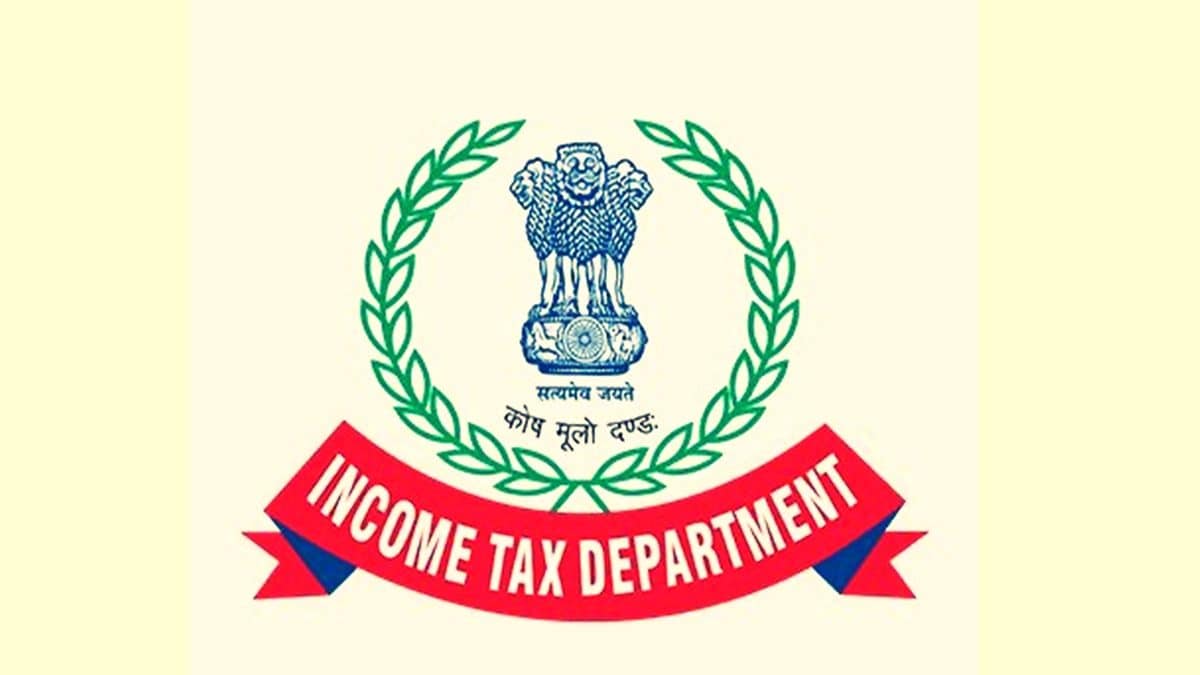The Income Tax Department in India has been implementing various measures to improve tax compliance and simplify tax administration.
The Income Tax Department is responsible for collecting income tax, corporate tax, and other direct taxes from individuals and businesses.
The Income Tax Department is governed by the Central Board for Direct Taxes (CBDT) and is part of the Department of Revenue under the Ministry of Finance.
The Income Tax Department is responsible for administering and enforcing direct tax laws in India, which includes the Income Tax Act.
The department is responsible for collecting income tax, corporate tax, and other direct taxes from individuals and businesses.
The department also conducts tax audits, investigates cases of tax evasion, and takes legal action against tax evaders. The department has a large network of offices and staff across the country, and taxpayers can file their tax returns online or through physical offices.
According to Taxpayers’ Charter of the Income Tax Department, it expects the following six things from taxpayers;
- Be honest and compliant: Taxpayer is expected to honestly disclose full information and fulfil his compliance obligations.
- Be informed: Taxpayers are expected to be aware of his compliance obligations under tax law and seek help from the department if needed.
- Keep accurate records: Taxpayers are expected to keep accurate records required as per law.
- Know what the representative does: Taxpayer is expected to know what information and submissions are made by the person’s authorised representative.
- Respond in time: Taxpayers are expected to make submissions as per tax law in a timely manner.
- Pay in time: Taxpayers are expected to pay the amount due as per law in a timely manner.
The Income Tax Department in India has been implementing various measures to improve tax compliance and simplify tax administration. These include the introduction of electronic filing of tax returns, mobile app for taxpayers, use of technology to detect tax evasion, and the issuance of Permanent Account Numbers (PAN) to individuals and businesses to track their tax payments.
Also Read: AIS For Taxpayer Mobile App: Now Check TDS And Other Tax Details On Govt’s New App
What Is a PAN Card?
The Permanent Account Number Card is a unique 10-digit alphanumeric identifier that is issued by the Indian Income Tax Department. The PAN card serves as a unique identification number for individuals and entities in India for tax purposes.
PAN card is issued in the form of a laminated card, who applies for it or to whom the department allots the number without an application.
Why Is It Necessary To Have PAN?
It is mandatory to quote PAN on return of income, all correspondence with any income tax authority. From 1 January 2005 it has become mandatory to quote PAN on challans for any payments due to the Income Tax Department.
Read all the Latest Business News here


